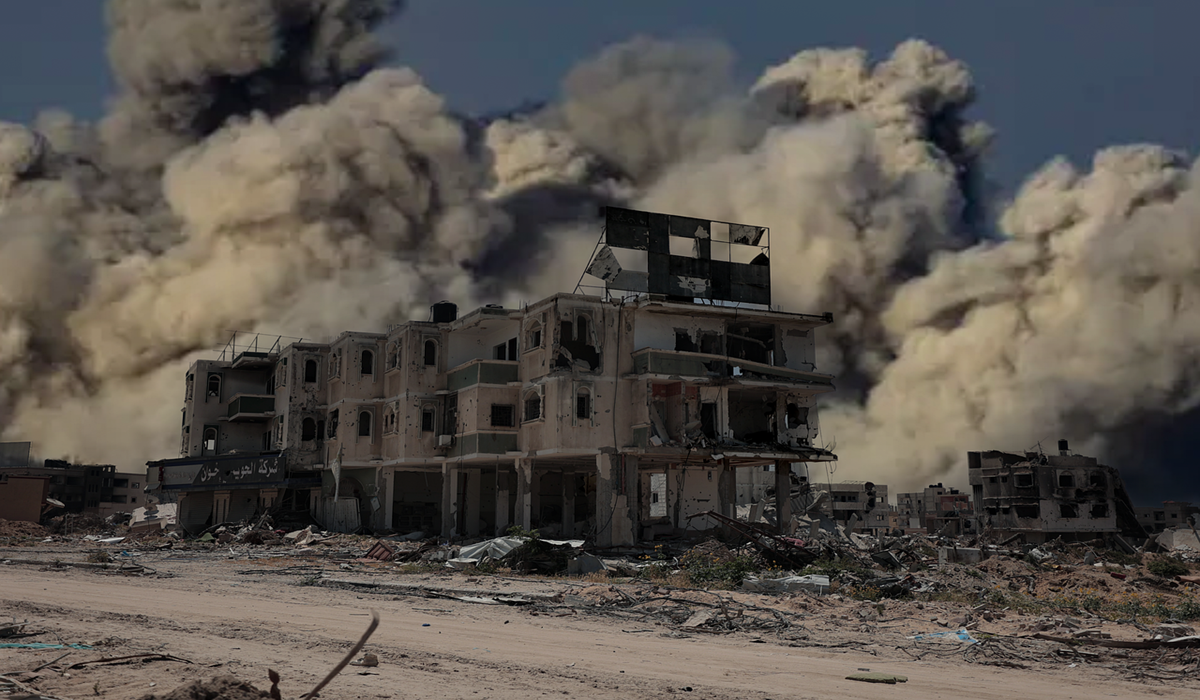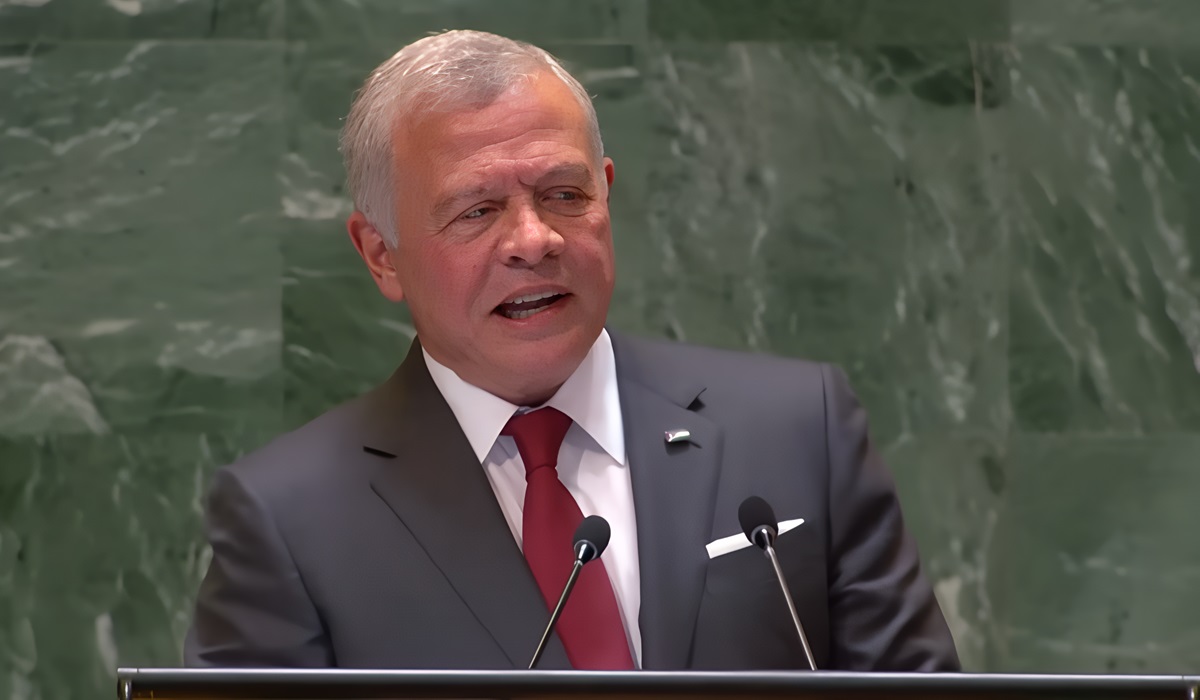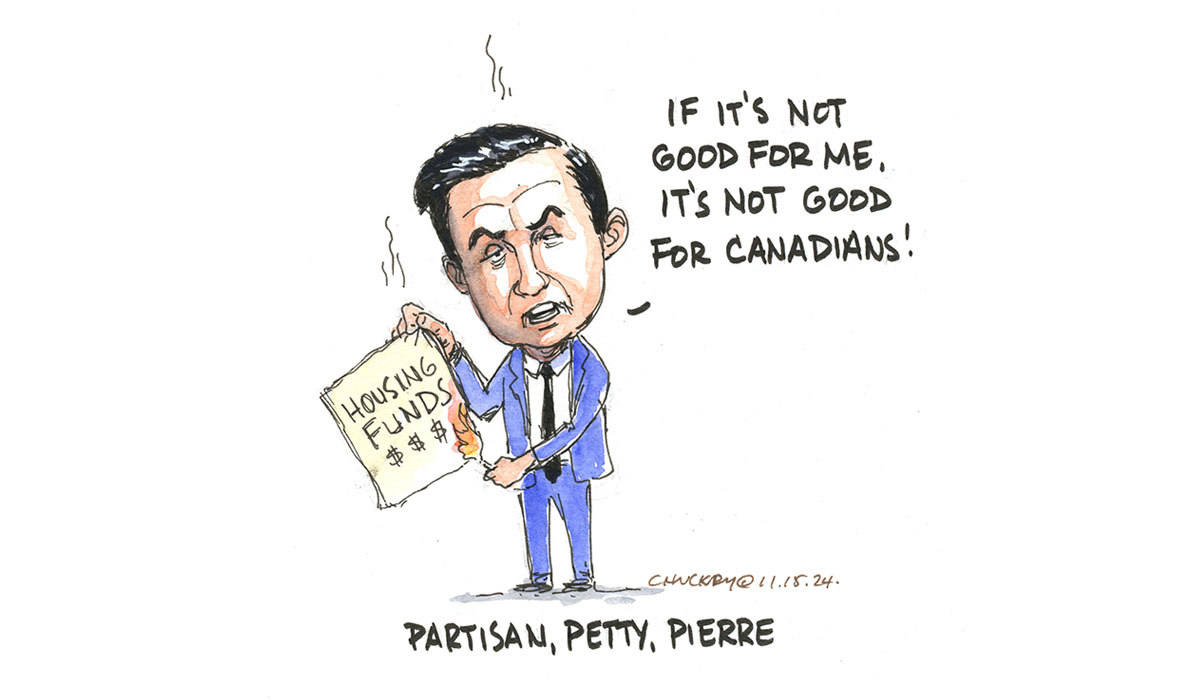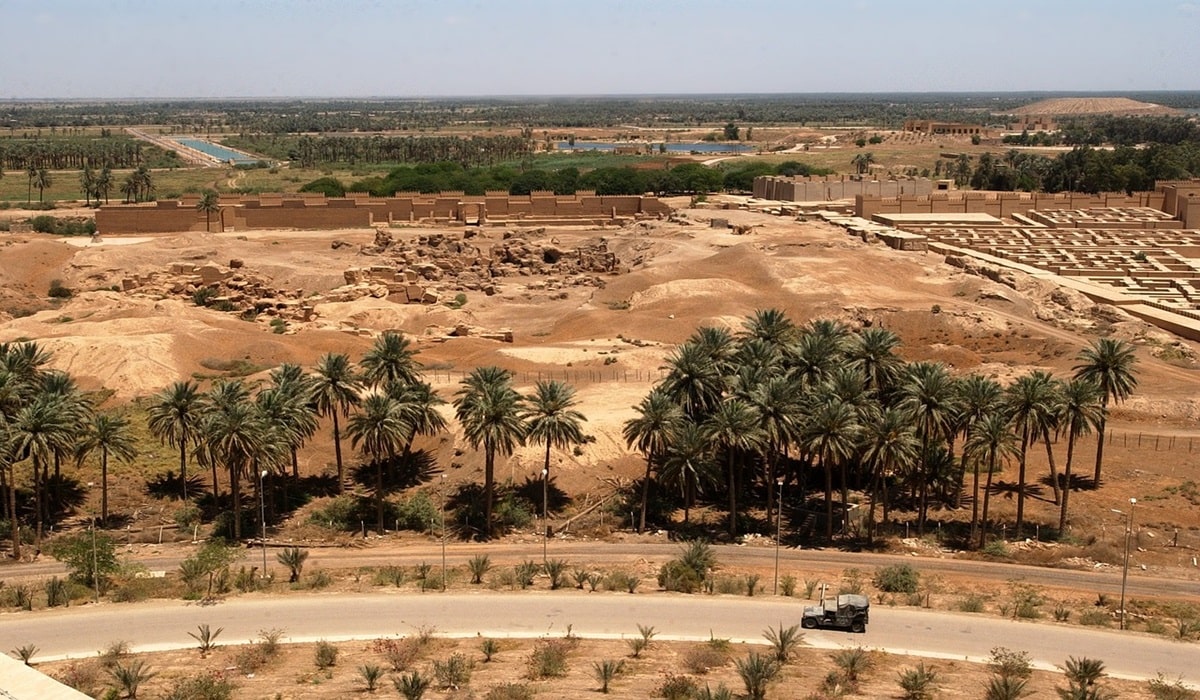Image Credit, Hosny Salah
The 2024 U.S. election looms over an escalating crisis in Gaza, where the humanitarian catastrophe has left millions facing harrowing conditions. Homes lie in ruins; countless families have been shattered by relentless bombing, leaving survivors facing starvation, malnutrition, and the spread of diseases like polio and malaria. For many Arab and Muslim Americans, the U.S. response to Gaza’s suffering has become an unforgivable stain on the current administration. Kamala Harris’s policies on Israel-Palestine have been met with growing frustration, pushing some voters toward protest options in the ballot box. Many are vocal about abstaining, spoiling their ballots, or casting their votes for third-party candidate Jill Stein in hopes of a policy shift. A smaller number, desperate for any alternative, are considering supporting Donald Trump, despite his controversial stance on Israel and threats against Iran.
The complex calculus behind these voting shifts reflects a painful realization for many Arab and Muslim Americans: neither major party offers a hopeful vision for Gaza. The Biden-Harris administration has upheld longstanding military aid to Israel, further distancing the U.S. from calls for a ceasefire or meaningful humanitarian intervention. Trump, meanwhile, has openly committed to expanding aid to Israel, showing no signs of lessening the militarized approach in the region. His rhetoric has raised alarm, with threats against regional stability and intensified backing of Israeli interests.
In the face of this stark choice, Gazans see little reason to believe a new U.S. administration will alleviate their suffering. Their world has become one of broken infrastructure, scarce essentials, and ongoing violence. With winter approaching, the lack of shelter, heat, and medical supplies may worsen an already unlivable situation. For many in Gaza, questions about whether life can get worse than it already is echo daily amid a backdrop of bombardment and deprivation.
As American voters head to the polls, a shared sentiment resonates in both Gaza and among many Arab and Muslim Americans: the plea for an end to relentless suffering. Whether a shift in leadership will yield change remains uncertain, but the hope persists that Gaza’s plight will someday command a place of moral urgency on the global stage.









